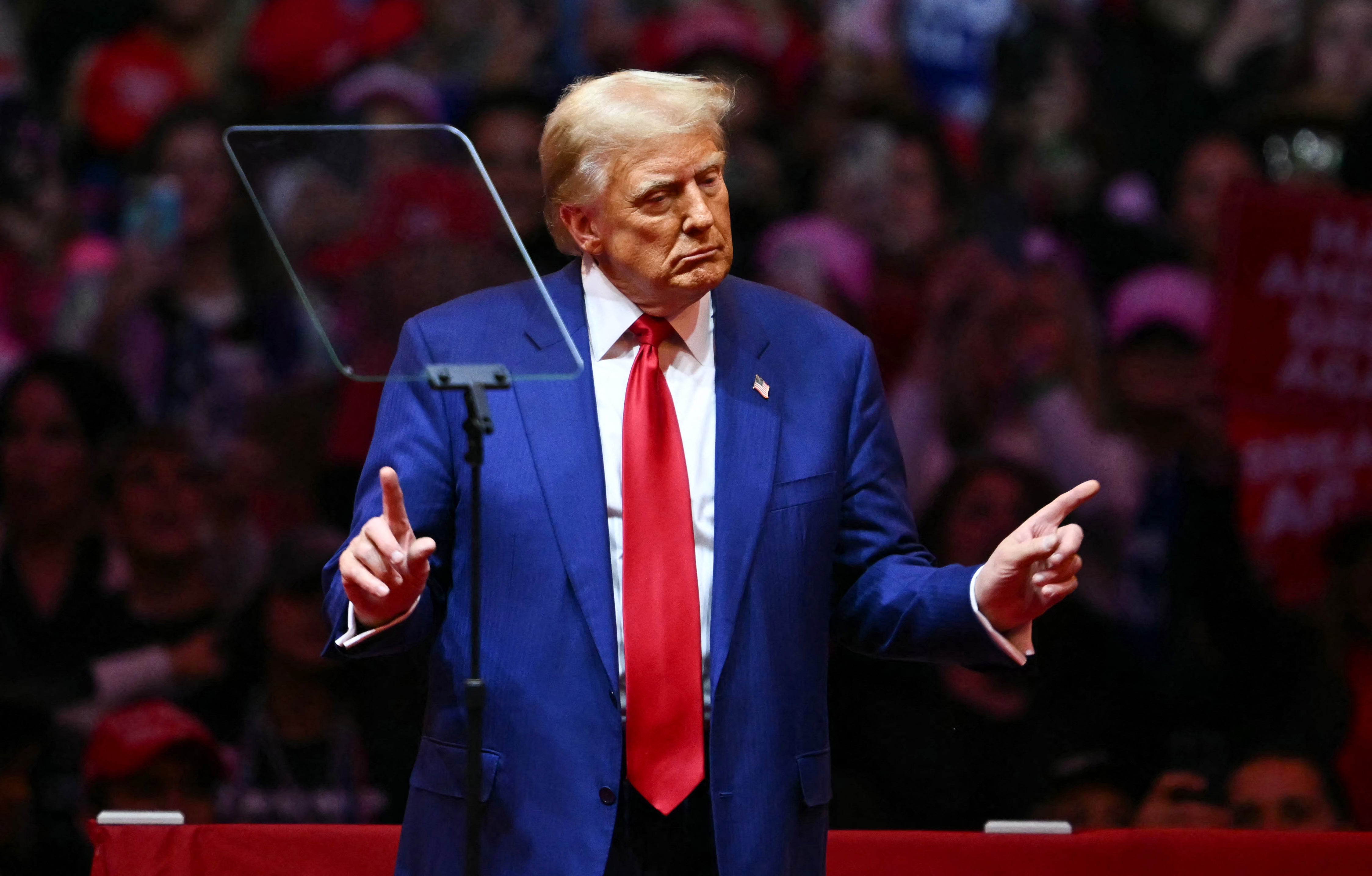Donald Trump and Kamala Harris have been neck-and-neck in the polls, prompting questions over what would happen if the Electoral College is tied.
The Constitution has a solution.
To win the presidency, a candidate needs to earn the majority of 270 electoral votes.
Article II Section 1 Clause 3 of the Constitution states that if no candidate gets a majority, the election turns to the House of Representatives, who need to choose immediately, by ballot.
Each state gets one vote, no matter the size.
States with multiple House Representatives would have to conduct an internal poll among themselves. This poll would also include the newly elected members of Congress, according to the Congressional Research Service.

“What we’re really saying here is if the Electoral College was really in a tie, then the outcome of House races and Senate races would be absolutely critical to the outcome” of the presidential election, Elaine Kamarck, a senior fellow at the Brookings Institution, told NPR.
The House votes would be cast after these new members are sworn in on January 6.
Whichever candidate gets a majority — at least 26 out of 50 — of these House votes becomes president.
If the House doesn’t elect a president before Inauguration Day on January 20, then the vice-president elect would serve until the House decides the presidency.
In the case of a tie for the vice presidency, the Senate would decide. Each Senator casts one vote and the winner is determined by whomever earns 51 votes or more, the Constitution says.
Only once in US history has the president not been chosen by the Electoral College, since the current system came into play.

In 1824, a crowded field of candidates vied for the presidency. While Andrew Jackson earned the most electoral votes, he failed to secure a majority, so the election was given to the House.
The House elected John Quincy Adams as president. He won by a margin of one vote, according to the University of Virginia’s Miller Center.
On the eve of Election Day, polls showed Harris and Trump essentially deadlocked, with Harris taking a small lead in a handful of key battleground states.







